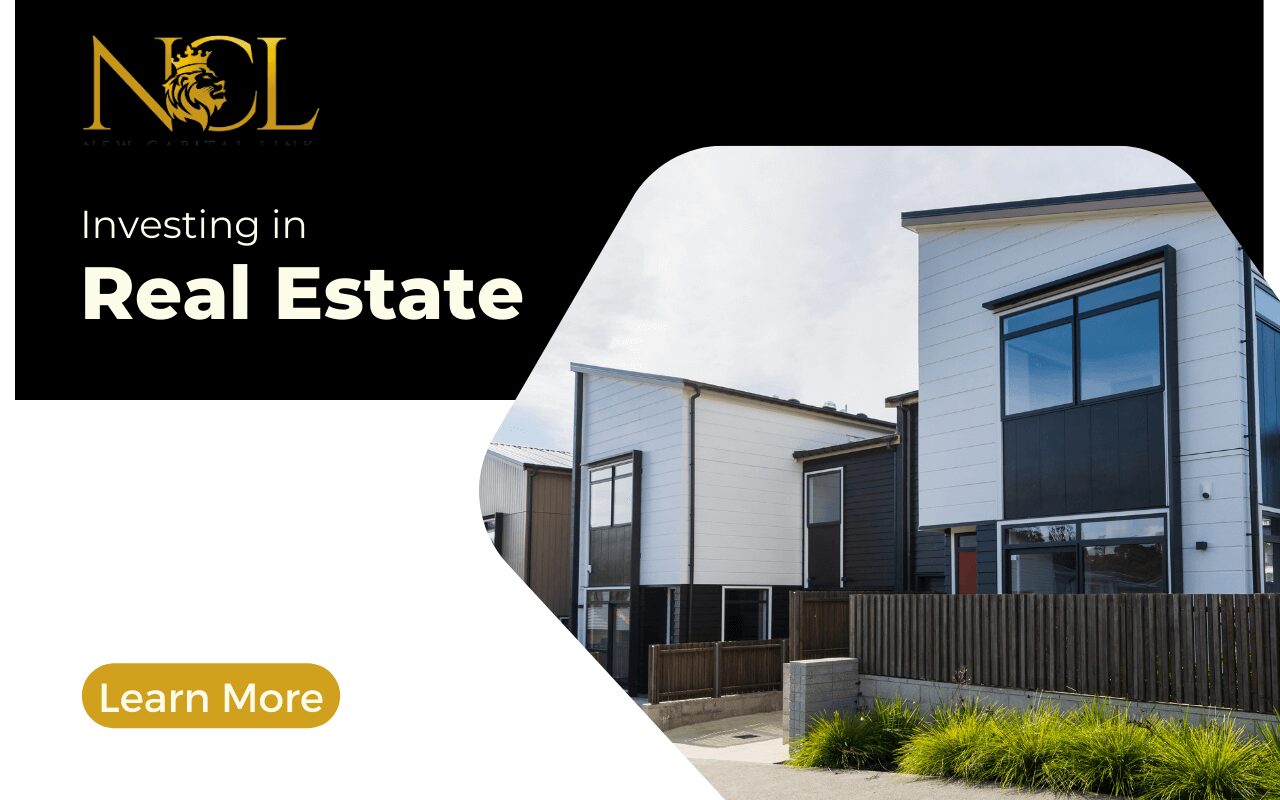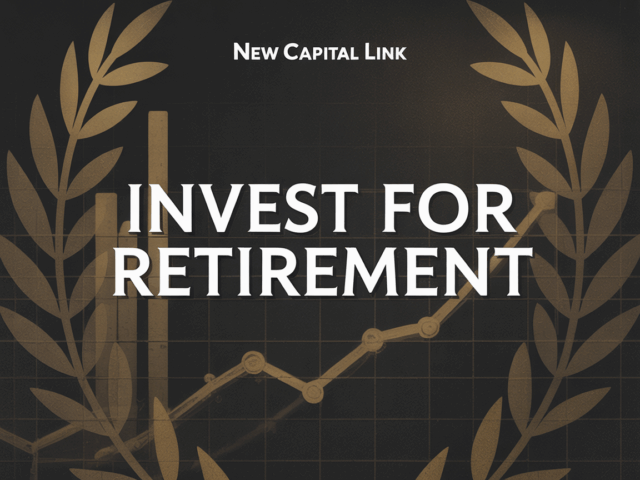Real estate is a broad property category encompassing land, everything affixed to it, and any structures built there, whether organic or artificial. It differs from personal properties in many ways, as personal properties do not attach to the land. Real estate investing can include flipping properties, renting out properties, owning REIT shares, ancillary incomes, online real estate platforms, etc.
Real Estate Investing is an effective strategy that can help you make big money in life. However, real estate investing is risky as well. Real estate investing has both tremendous potential for profit and destructive potential for loss.
Real Estate Investing for Beginners
It might be difficult to know where to begin if you’re new to real estate investment. Here are some pointers to get you going:
- Educate yourself: It’s important to educate yourself on the fundamentals of investing in real Estate before making any kind of investment. You may start by using numerous internet resources, including books, blogs, and podcasts.
- Start small: You don’t need to start with a large investment property. Starting small can help you learn the ropes and minimise your risk.
- Build a team: Investing in real Estate is a team sport. To assist you along the route, you will require a network of experts, including real estate agents, lawyers, and contractors.
Residential vs Commercial Real Estate Investing
One of the first decisions you’ll have to make as a real estate investor is whether to invest in residential or commercial properties. Here are a few of each’s benefits and drawbacks:
Residential Real Estate Investing
Pros:
- Easier to finance: Residential properties are often easier to finance than commercial properties, especially for first-time investors.
- More predictable income: Residential properties tend to have more stable, predictable rental income.
- Lower operating costs: Operating costs for residential properties are often lower than for commercial properties.
Cons:
- Tenant turnover: Residential properties often have higher tenant turnover rates than commercial properties, which can lead to more vacancy and turnover costs.
- Property management: Managing multiple residential properties can be time-consuming and challenging.
Commercial Real Estate Investing
Pros:
- Higher rental income: Commercial properties typically have higher rental income potential than residential properties.
- Professional tenants: Commercial properties are often leased by businesses, which can lead to more professional and reliable tenants.
- Longer lease terms: Commercial leases tend to have longer terms than residential leases, which can provide more stability and predictability.
Cons:
- Higher upfront costs: Commercial properties often require higher upfront costs, such as larger down payments and more extensive renovations.
- More competition: Commercial real estate can be more competitive, with more experienced investors and higher barriers to entry.
- More complex leases: Commercial leases can be more complex than residential leases, requiring the assistance of an attorney or other professional.
REITs are real estate investment trusts
Pros:
Real estate investment trusts (REITs) could be a suitable alternative if you want to invest in real estate but don’t want to deal with the difficulties of property management. Companies that hold and manage rental properties are known as REITs. The following are some advantages and disadvantages of buying REITs:
- Diversification: Investors can access a varied portfolio of real estate investments through REITs.
- Liquidity: REITs are traded on public exchanges, making them easy to buy and sell.
- Professional management: Real estate investment trusts are managed by professionals, which can save investors time and hassle.
Cons:
- Limited control: The properties that REIT investors own have little influence over them.
- Lower returns: REITs tend to have lower returns than direct real estate investments.
- Fees: Real estate investment trusts may have higher fees than direct real estate investments.
Pros and Cons of Owning vs Renting Real Estate
Finally, it’s crucial to weigh the advantages and disadvantages of owning vs. renting real estate. The following are some important things to think about:
Pros of Owning Real Estate
- Potential for appreciation: Real estate can appreciate in value over time, providing investors with a long-term return on investment.
- Control: Real estate investors have full control over their properties, including the ability to make improvements and renovations.
- Tax benefits: Real estate investors may be eligible for a range of tax benefits, including deductions for mortgage interest, property taxes, and depreciation.
Cons of Owning Real Estate
- High upfront costs: Real estate investing requires a significant upfront investment, including a down payment, closing costs, and any necessary renovations.
- Maintenance and repairs: Real estate investors are responsible for all maintenance and repairs on their properties, which can be costly and time-consuming.
- Risk: Real estate values can fluctuate over time, and there is always the risk of an economic downturn or other unforeseen circumstances.
Pros of Renting Real Estate
- Flexibility: Renting provides tenants with more flexibility to move around and explore different living situations.
- No maintenance responsibilities: Renters are not responsible for maintenance and repairs on their properties.
- Lower upfront costs: Renting typically requires lower upfront costs than owning, such as a security deposit and the first month’s rent.
Cons of Renting Real Estate
- Limited control: Renters have limited control over their living situations, including restrictions on pets, renovations, and other changes.
- No equity: Renting does not provide any equity or long-term return on investment.
- The possibility of rent hikes: Renters may experience rent increases over time, which can make budgeting and long-term planning challenging.
To sum up
A great way to generate long-term wealth and passive income may be through investing in real Estate. The pros and cons of this type of investment, as well as the many real estate investment prospects, must be understood, though. By assembling a team of professionals, beginning small, and educating yourself, you can lower your risk and boost your revenues. Before choosing to invest in a residential, commercial, or REIT, weigh the benefits and drawbacks of each plan. When deciding whether to buy or rent real estate, keep in mind your long-term aspirations, financial goals, and personal preferences.






